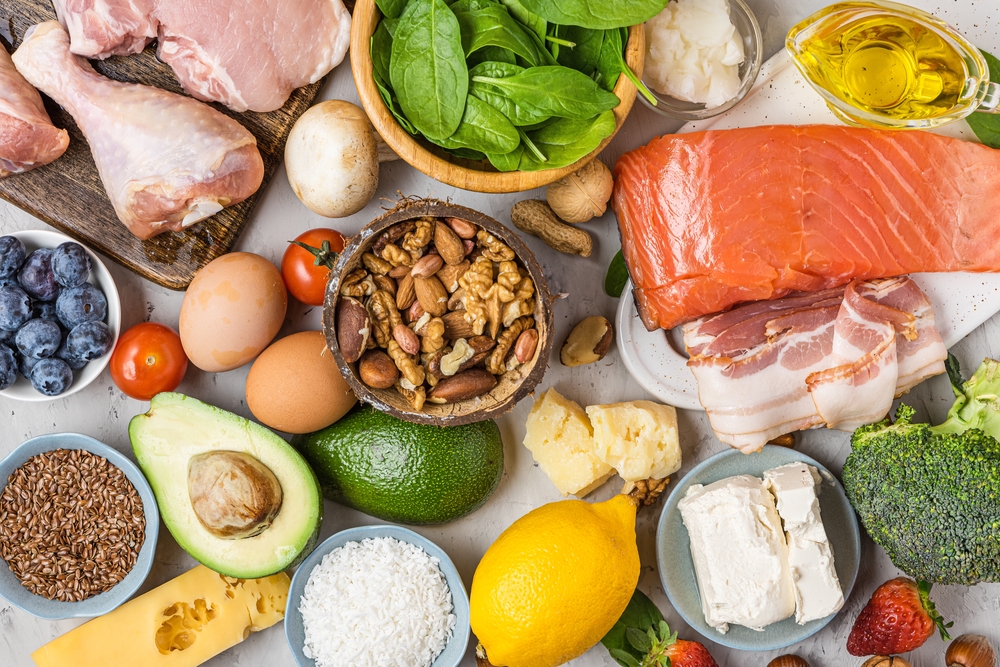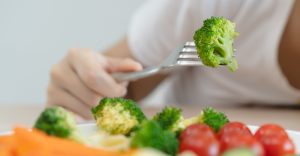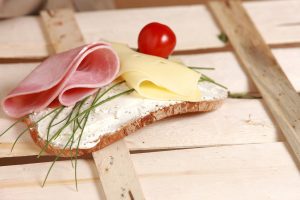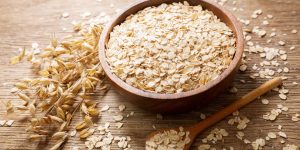Your Diet Can Make a Huge Difference!
Others are reading now
Do you often feel tired and sluggish, especially during the cold winter months?
Lack of energy can have many causes, but one of the most common is iron deficiency.
Iron is essential for your body to produce red blood cells and transport oxygen throughout your system. Without enough iron, you may experience persistent fatigue, difficulty concentrating, and a weakened immune system.
Luckily, you can support your body and combat winter fatigue by eating an iron-rich diet.
Also read
Getting enough of this vital mineral helps maintain a stable energy level and prevents anemia.
To optimize iron absorption, pair it with foods rich in vitamin C and try to limit coffee and tea during meals.
A healthy and balanced diet can be the key to feeling more energetic in your daily life.
Cornflakes and Wheat-Based Cereals
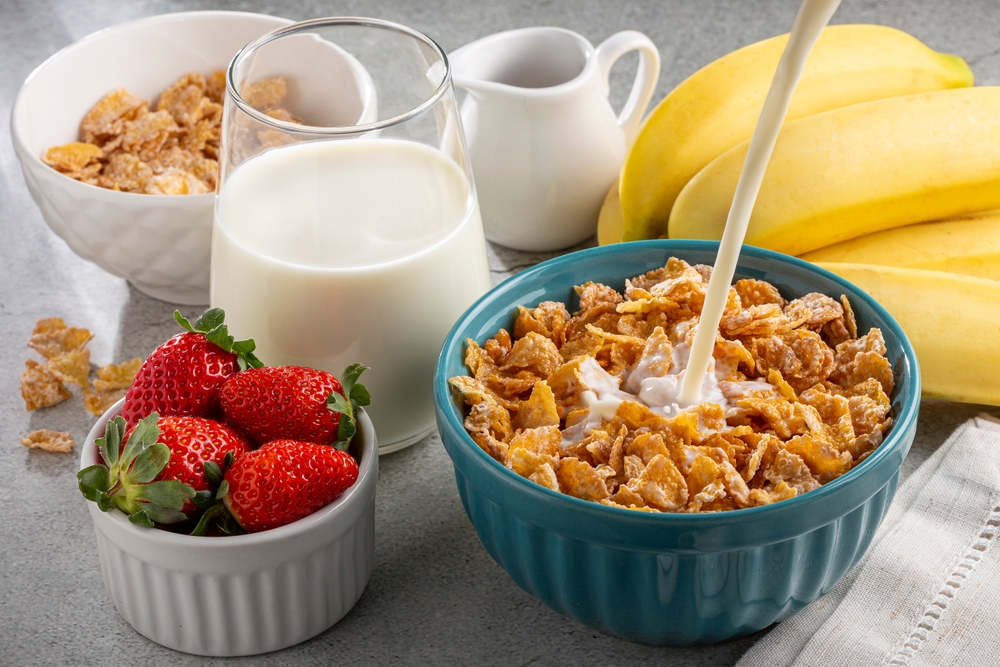
A quick and nutritious breakfast – one bowl can contain up to 24 mg of iron.
These cereals are often fortified with vitamins and minerals, making them a great source of morning energy.
Enjoy them with milk, yogurt, or fruit for a balanced meal.
Black Pepper
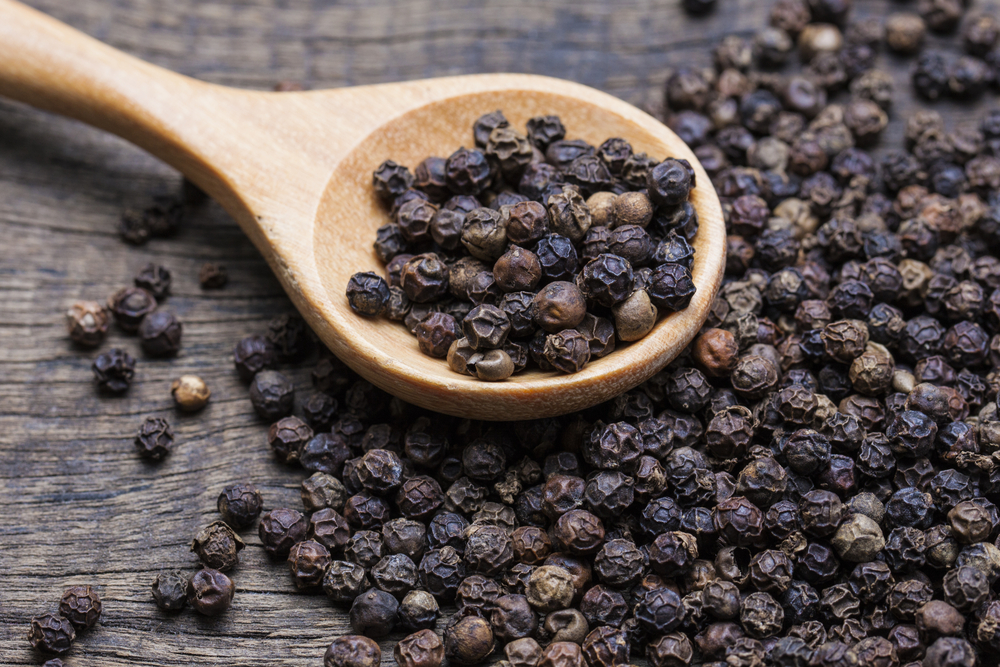
Containing 28.9 mg of iron, black pepper is a staple in every kitchen.
Besides adding a bold and spicy kick to your meals, it also enhances the absorption of other nutrients, particularly iron from plant-based sources, making it a valuable ingredient in your cooking.
Fresh Mussels
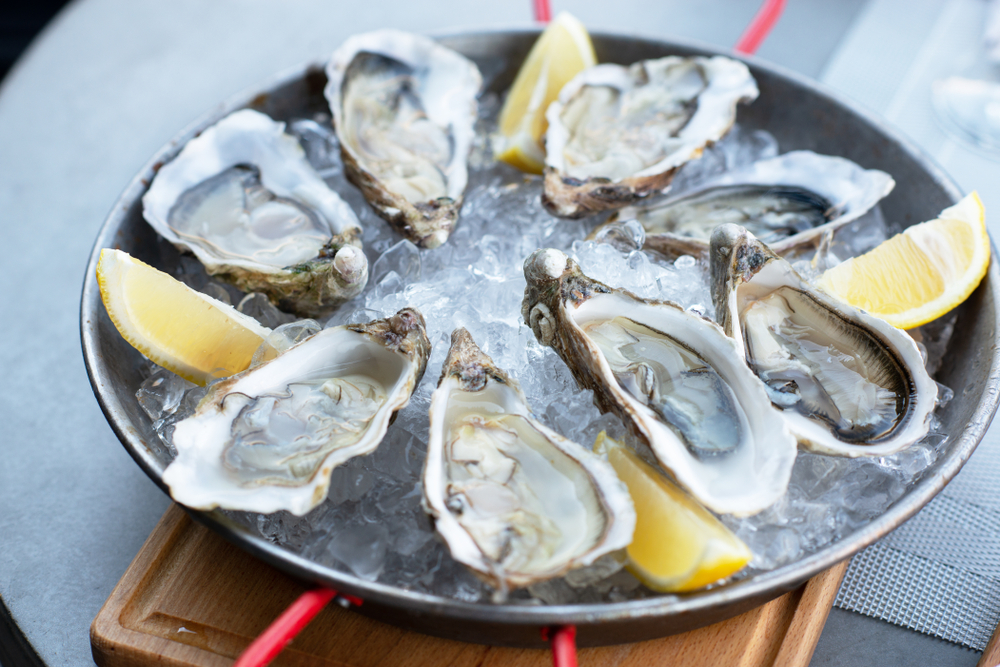
Mussels provide 24 mg of iron and can be prepared in many delicious ways.
They are also rich in omega-3 fatty acids, zinc, and vitamin B12, which support brain function and the immune system.
Their delicate, salty taste makes them perfect for soups, pasta dishes, and risottos.
Oregano
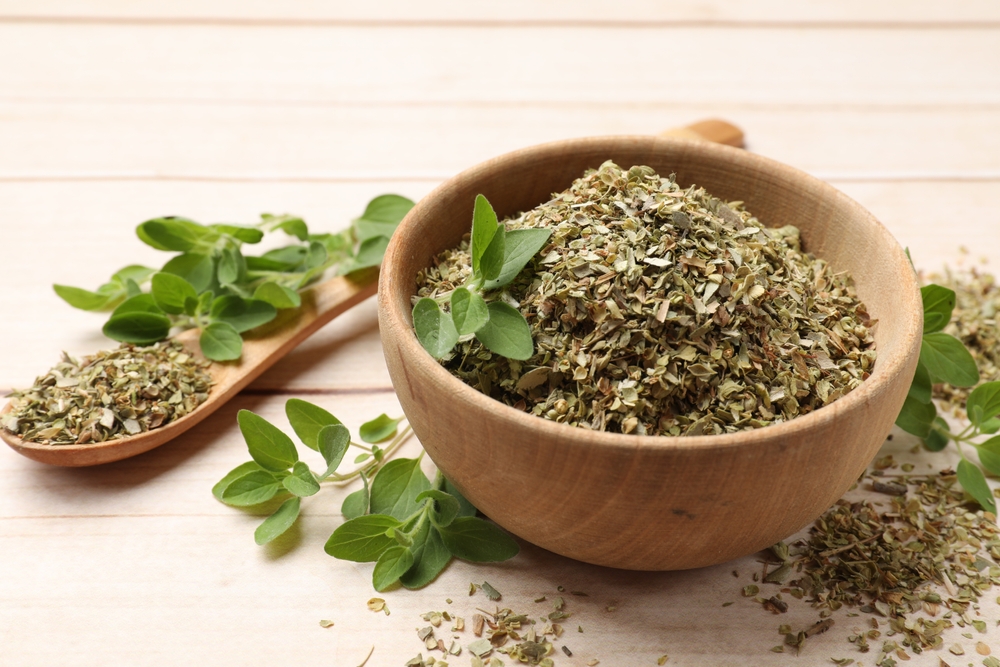
Dried oregano packs 44 mg of iron.
Use it to season stews, chicken, soups, and even salads.
It also has antibacterial properties and is rich in antioxidants, making it a healthy and flavorful addition to your everyday cooking.
Pork Loin
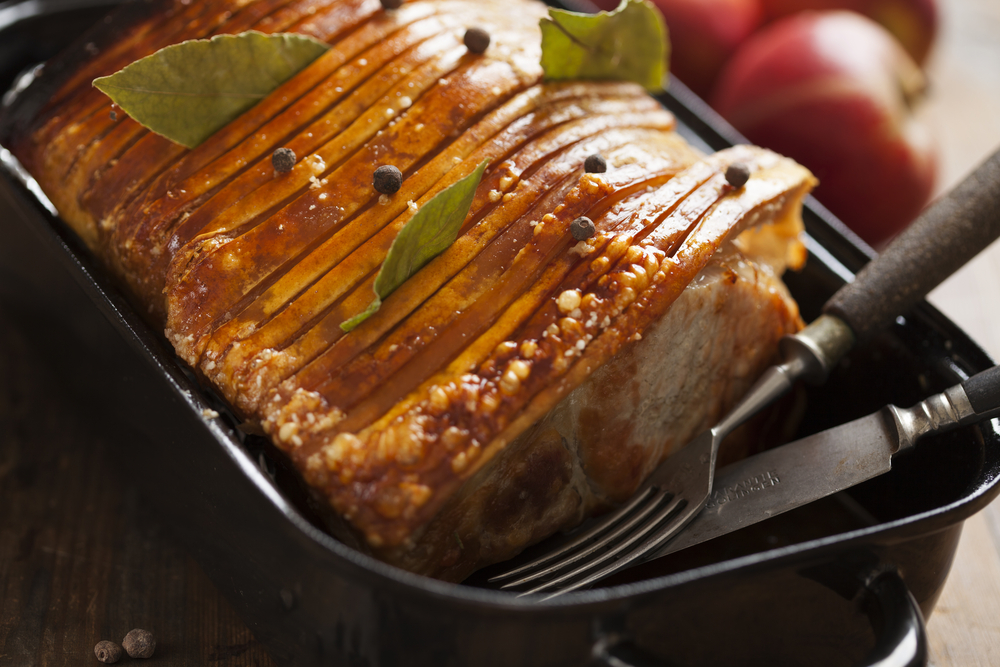
This cut of pork contains 18.9 mg of iron and can be cooked on the grill or in the oven.
Pork is an excellent source of protein, supporting muscle growth and satiety while also providing essential vitamins like B6 and B12, which help with energy production.
White Bread
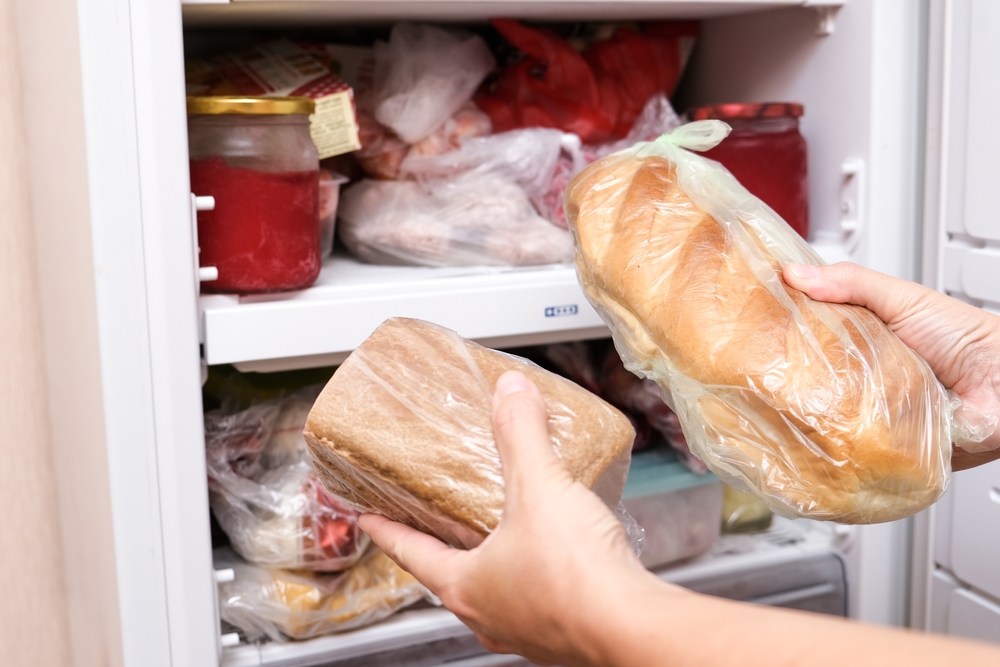
Yes, bread provides both energy and nutrients to help keep you feeling fresh, with 89.2 mg of iron per serving.
While it often gets a bad reputation, white bread can be a quick source of carbohydrates that your body converts into energy.
Pair it with protein-rich toppings like cheese or nut butter for a more balanced snack.
Curry
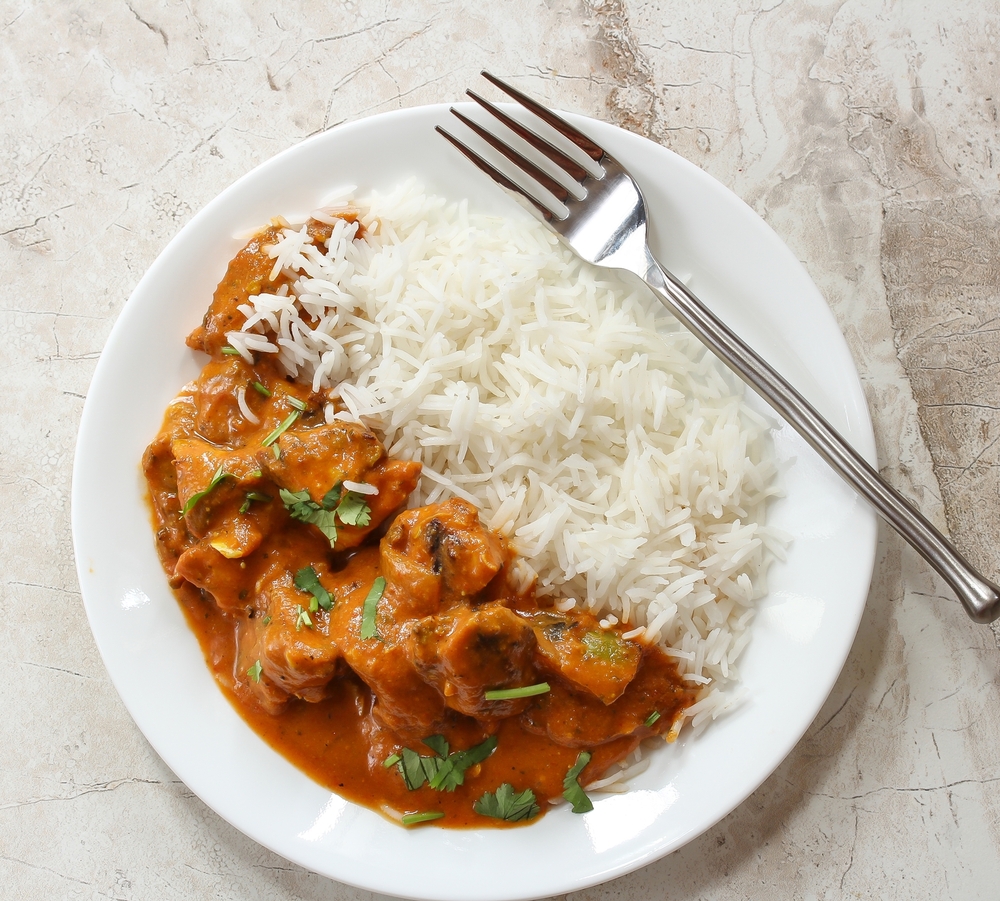
This Indian spice blend contains 29.5 mg of iron.
Perfect for sauces, chicken dishes, or vegetarian meals, it adds a ton of flavor.
Curry also contains turmeric, which has anti-inflammatory properties and may aid digestion and metabolism.
Eggs
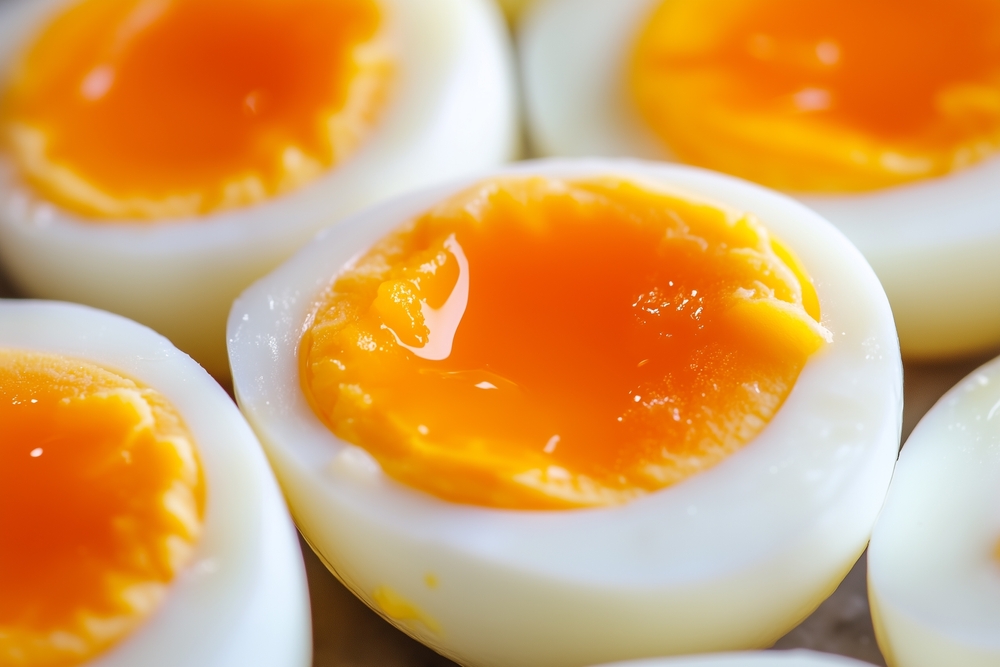
Don’t forget eggs!
They contain 13.8 mg of iron and are also packed with protein, healthy fats, and essential vitamins like D and B12, which support the immune system and provide long-lasting energy.
Eggs are incredibly versatile and can be used in everything from omelets to baked goods.
Thyme
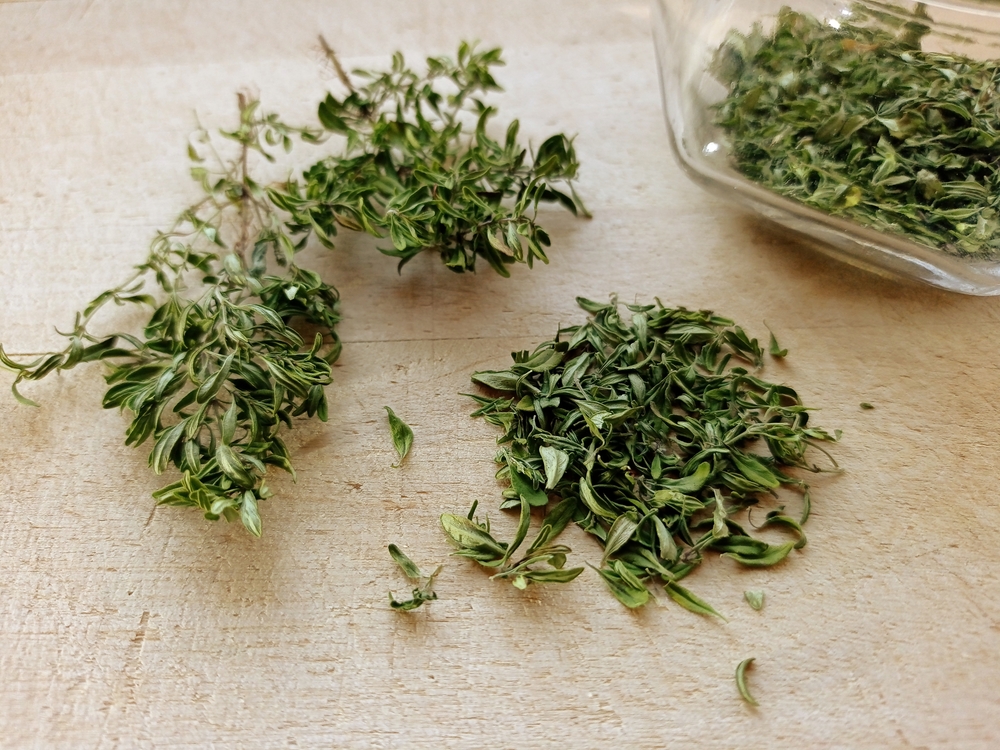
With 123.6 mg of iron per 100 grams, thyme is a fantastic way to boost your iron intake.
It also has strong antibacterial and anti-inflammatory properties and is rich in vitamin C, making it a great choice for strengthening your immune system.
Use it in soups, meat dishes, and marinades for deeper flavor.
Rosemary
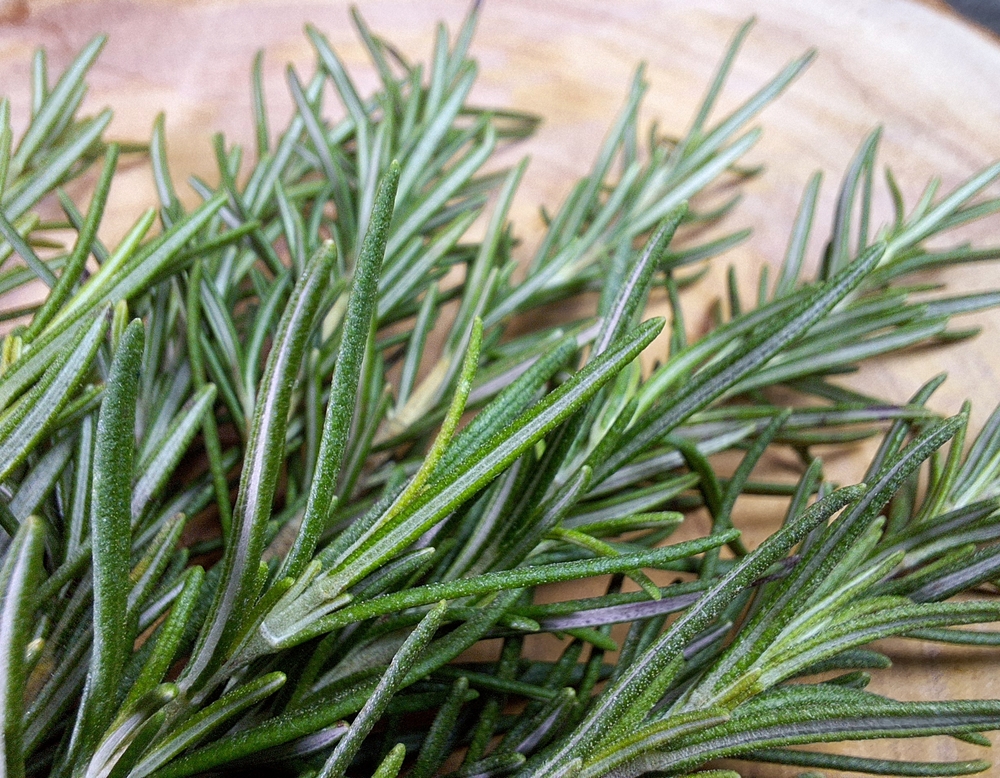
Rosemary contains 28.9 mg of iron and is perfect for roasting meats, especially red meat.
This herb is known for its strong aroma and antioxidant properties, which can support brain function and circulation.
It adds a wonderful fragrance and fresh taste to both meat and vegetable dishes.
Ground Cinnamon
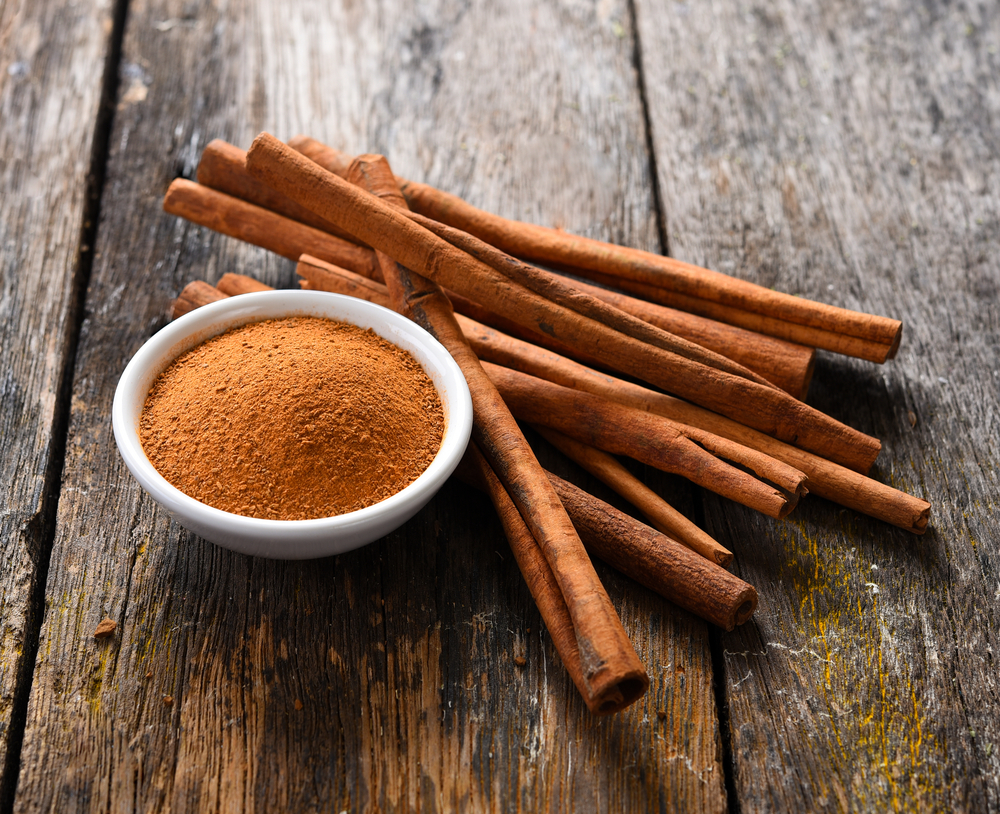
With 38.1 mg of iron, ground cinnamon is a great way to add flavor to cakes, baked apples, and even coffee!
It also helps regulate blood sugar levels, promoting a steady energy supply throughout the day.
Try adding it to smoothies or breakfast dishes for a warm and spicy taste.
Oat-Based Cereals
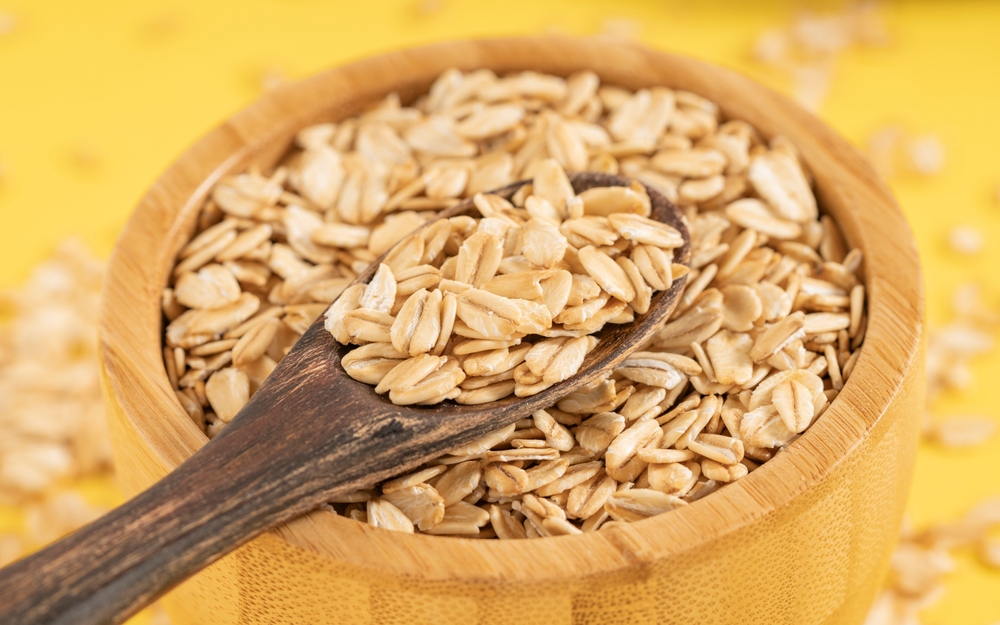
Oats are one of the best breakfast choices, containing both fiber and nutrients – including 13.9 mg of iron.
They help keep you full longer and support healthy digestion, making them an ideal way to start your day.
Chili Powder
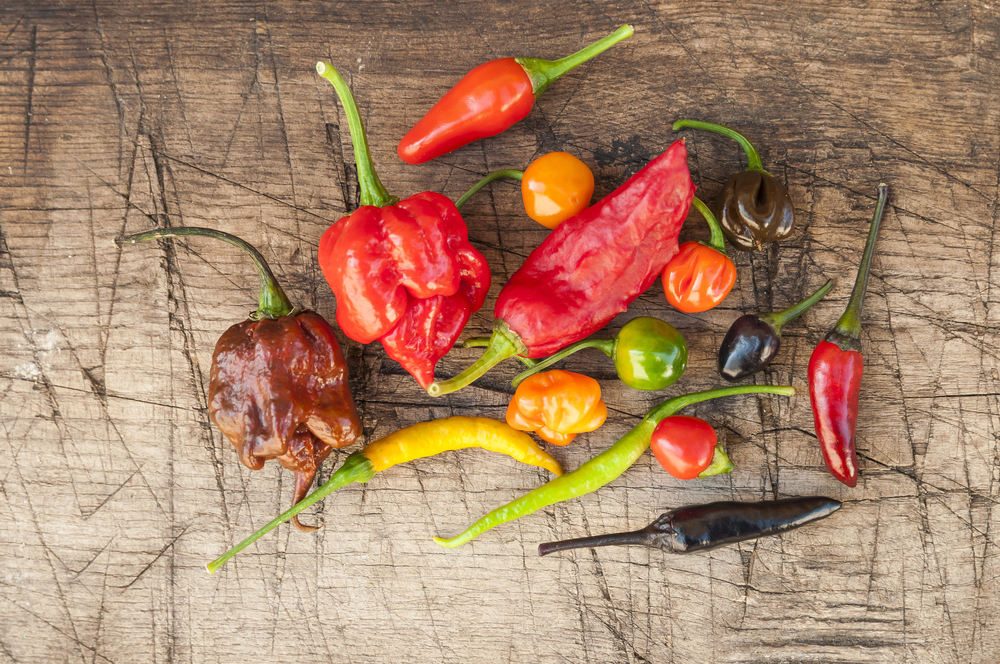
Chili powder contains 34.1 mg of iron per 100 grams.
Add it to your meals for a spicy kick.
Besides adding heat, chili can also boost metabolism, help burn calories faster, and improve blood circulation.
Dill
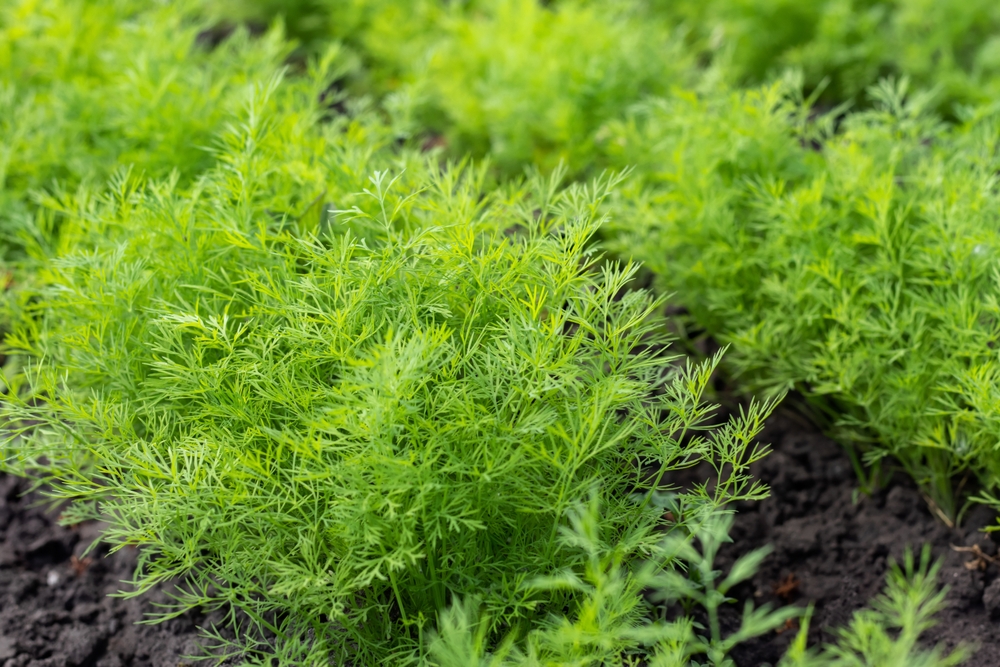
Dill provides 48.8 mg of iron and is perfect for seasoning meat and fish.
This fresh herb also aids digestion and contains antioxidants that help protect cells from damage.
Its light and aromatic flavor pairs wonderfully with fish dishes, dressings, and potato salads.

